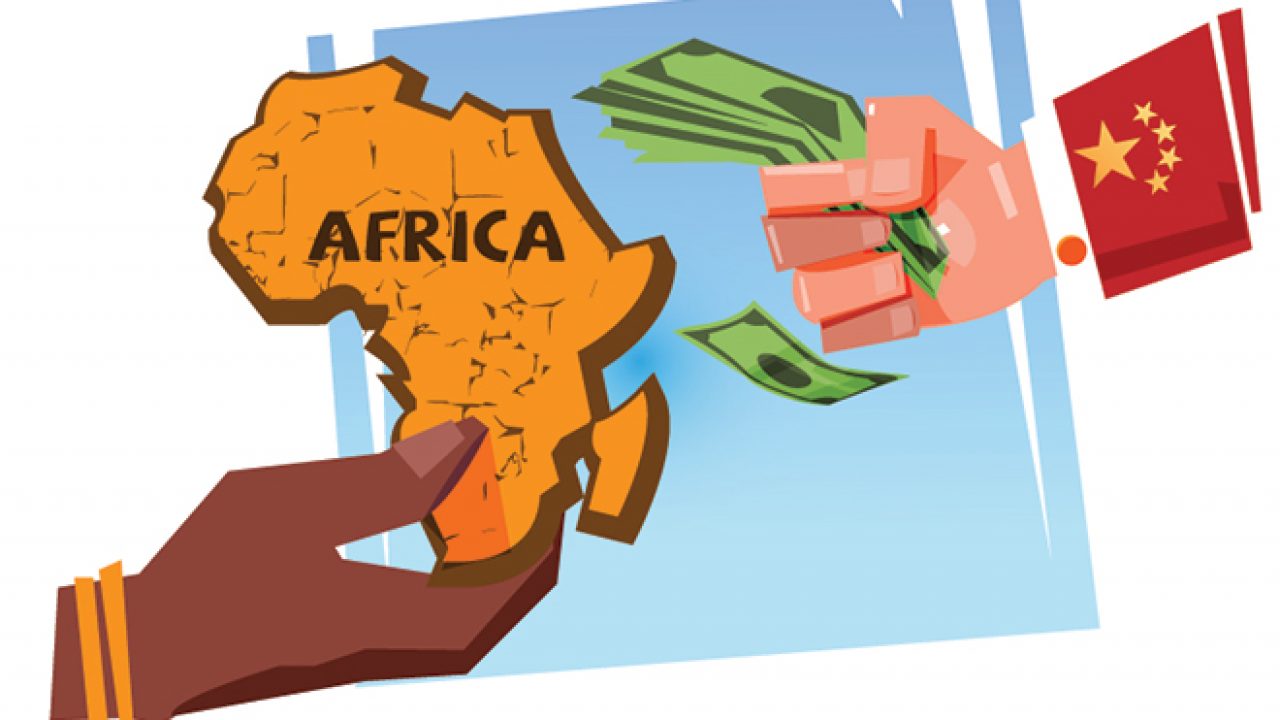Even before the coronavirus pandemic swept through the continent, African countries were rapidly raising their debt ceilings. Heads of State flocked to China, as the world’s second largest economy granted loans at will, with little, if any, preconditions.
Faced with a first recession in 30 years, the continent’s appetite for debt hasn’t receded. In fact it’s growing, And the African Forum and Network on Debt and Development (AFRODAD) says that it could be catastrophic in the future.
In a press statement touting its inaugural African Conference on Debt and Development (AfCoDD), the organization called for greater protection of those with lower levels of education, few assets and working in informal jobs, instead of prioritizing debt on infrastructure projects.
“The African Debt crisis has been accelerated by the onset of the global health pandemic and while many developing countries were already facing crisis before the pandemic, the nature of developing countries’ debt is far more complex than in the past, with a new landscape that poses greater risks.”
“However, the debt relief measures initiated have little progressive impacts as the fiscal space created is often cancelled out through debt service, at the expense of essential public services such as health, education, and social protection.”
“Inequality is also set to increase, because of the disproportionate impact of the pandemic on such vulnerable groups as women, youth, persons living with disability, and low-skilled informal sector workers,” read part of the Statement.
Global data estimates that due to the COVID-19 pandemic, 30 million Africans were pushed into extreme poverty in 2020, while about 39 million Africans could fall into extreme poverty by end of 2021.
AFRODAD said the debt relief provided by the global financial architecture is inadequate to drive sustainable development calling for a concerted effort to demand a more equitable system of value sharing.
“While there is an urgent need to re-organise the global financing architecture that is partly responsible for the piling up of debt by developing countries, governments and policy makers, academics, media and African citizens at large must also call for and commit to an economic system that shares value more equally, is sustainable for the future of humanity and the planet, and that serves the people,” read part of the Statement.
AFRODAD said this conference which will bring together leaders from different sectors to champion a concerted African approach towards addressing the current debt crisis, will take place on 25th -27th August 2021 virtually, with physical meetings hosted in nine African countries.

